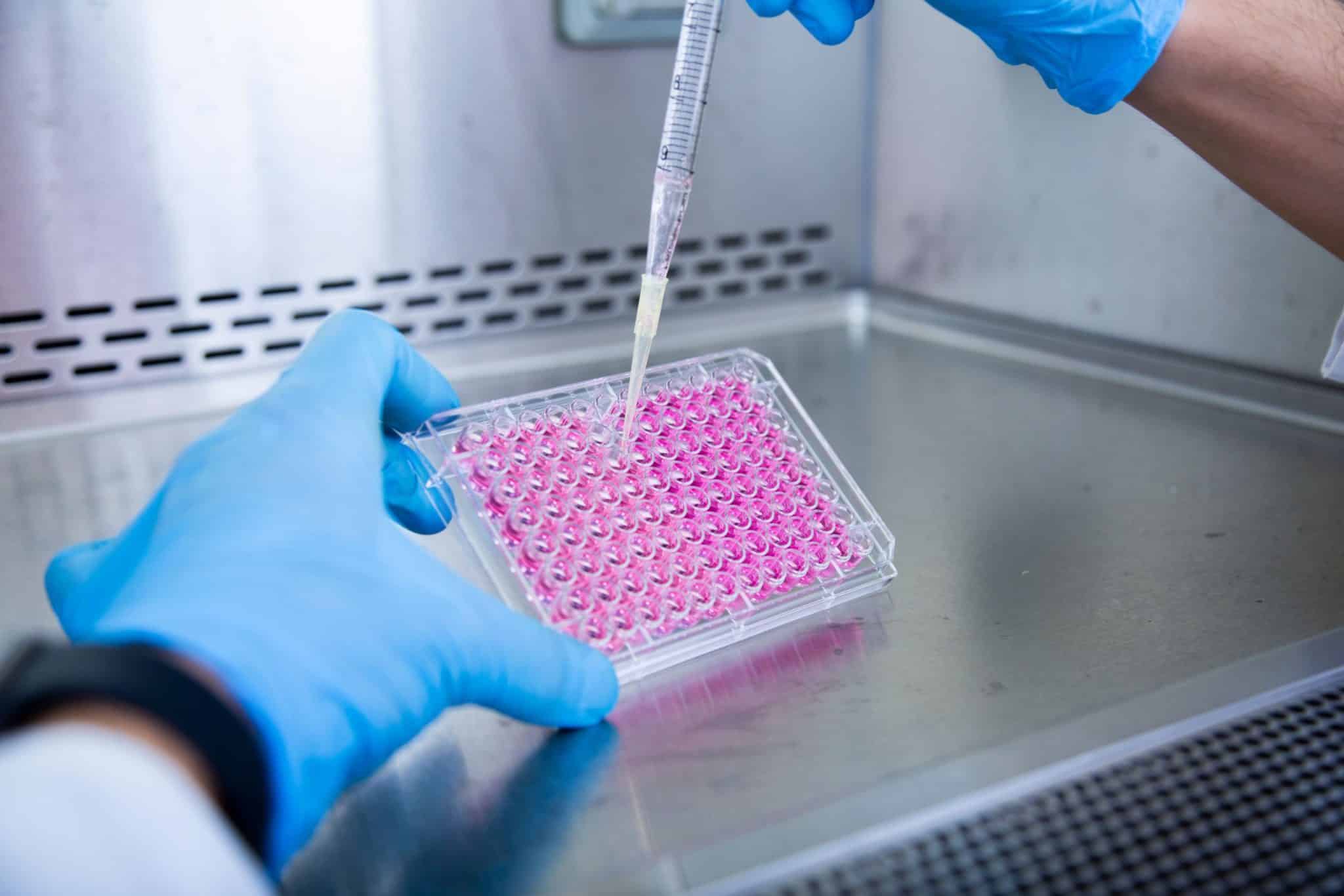Innovation & Research

We are the forefront of genomic research and innovation
Genomics is an exciting and fast moving field. We’re proud to be leading the way.
Genomic Innovation Unit
Based at Guy’s Hospital, the Unit is a research hub focusing on developing new genomic tests and technologies for cancer and rare diseases.
Their expertise lie in applying cutting-edge molecular biology and computational techniques to generate tangible differences for patients.
Pharmacogenomics
How we respond to medication is linked to our genetic profile.
Pharmacogenomic testing can enable tailored treatments for better effectiveness, reduced side effects, and optimised dosages.
Pharmacogenomics is already enabling safer and more effective prescribing decisions. The use of medicines that target specific genetic variants of disease is also expanding.
This is an exciting area of genomics and we are leading the way in educating and equipping the workforce to be ready.
Metagenomics
A new rapid genetic test can detect and identify bugs causing severe respiratory infections within hours, allowing doctors to give faster, more personalised treatment.
Data published in the Lancet Microbe found that:
- One in three patients had infections detected that standard tests had missed.
- Doctors were able to safely adjust treatments in more than a quarter of cases, often reducing the use of strong, broad-spectrum drugs.
- One in five patients started treatments to suppress the immune system using the results.
- The test also picked up infections with wider public health risks, including tuberculosis, HIV, and measles, helping protect other patients and the community.
Population Health
Genetic information from large groups of people can help to improve public health by identifying disease risks, enabling preventative care, and personalising treatments for conditions like cancer and heart disease.
The government is creating a new genomic population health service to enhance the identification, prevention, diagnosis and treatment of various conditions such as cancer, heart diseases and rare genetic disorders – including kidney and neurological conditions – that can go undetected for years.
This is a new and emerging service.




